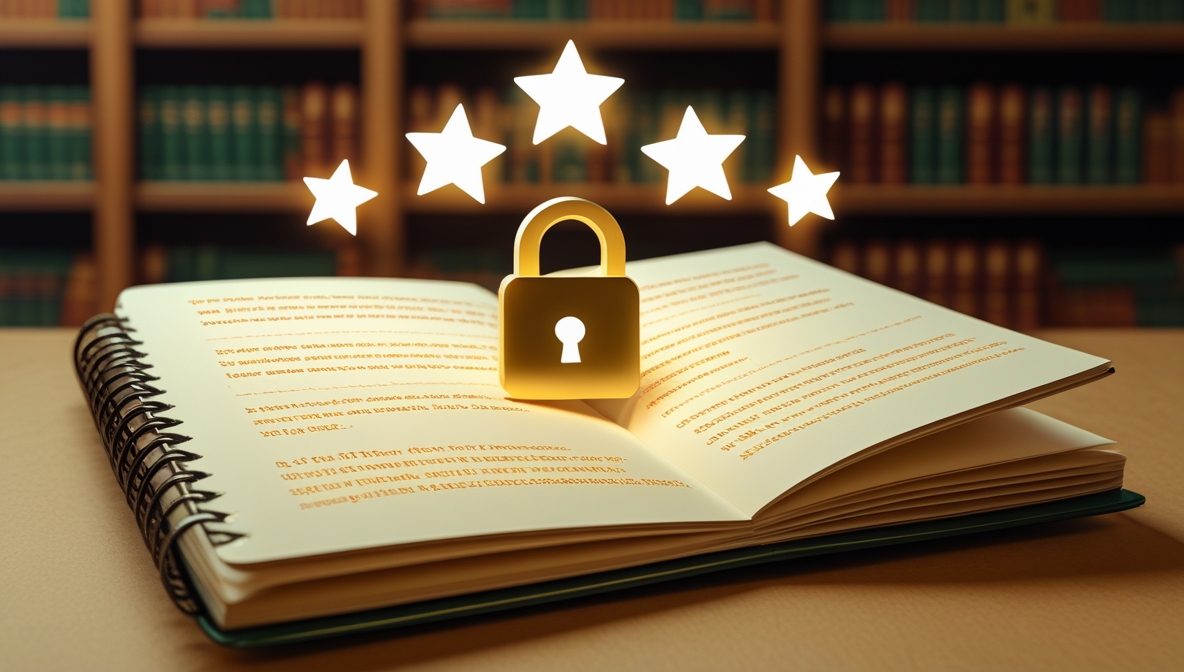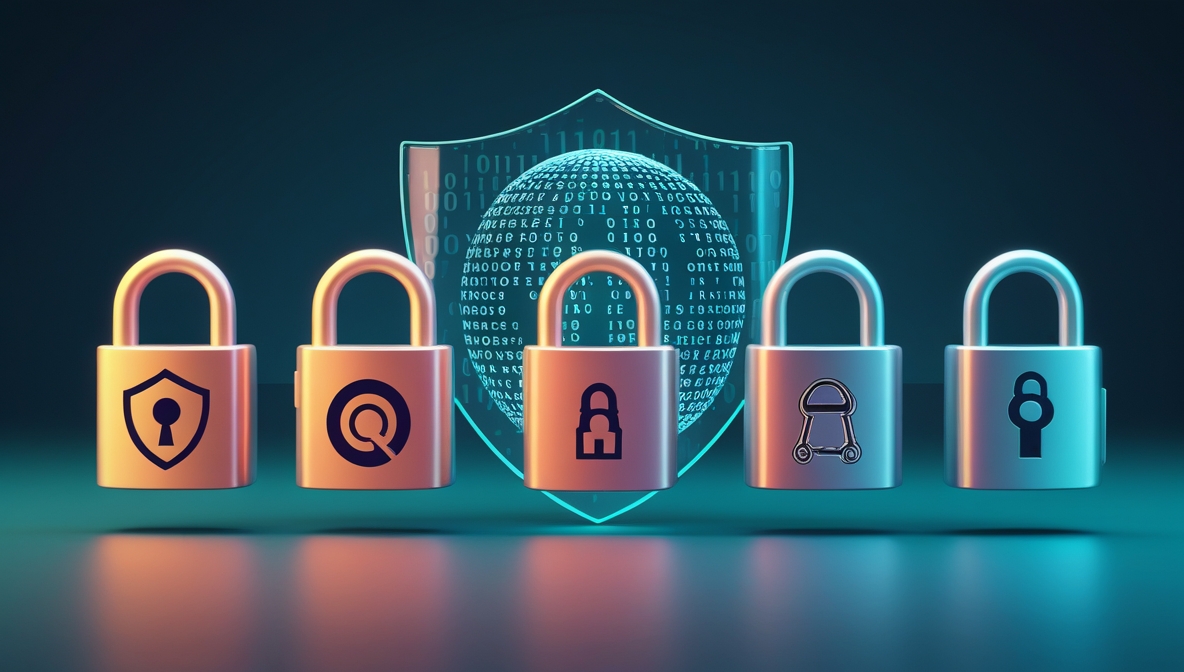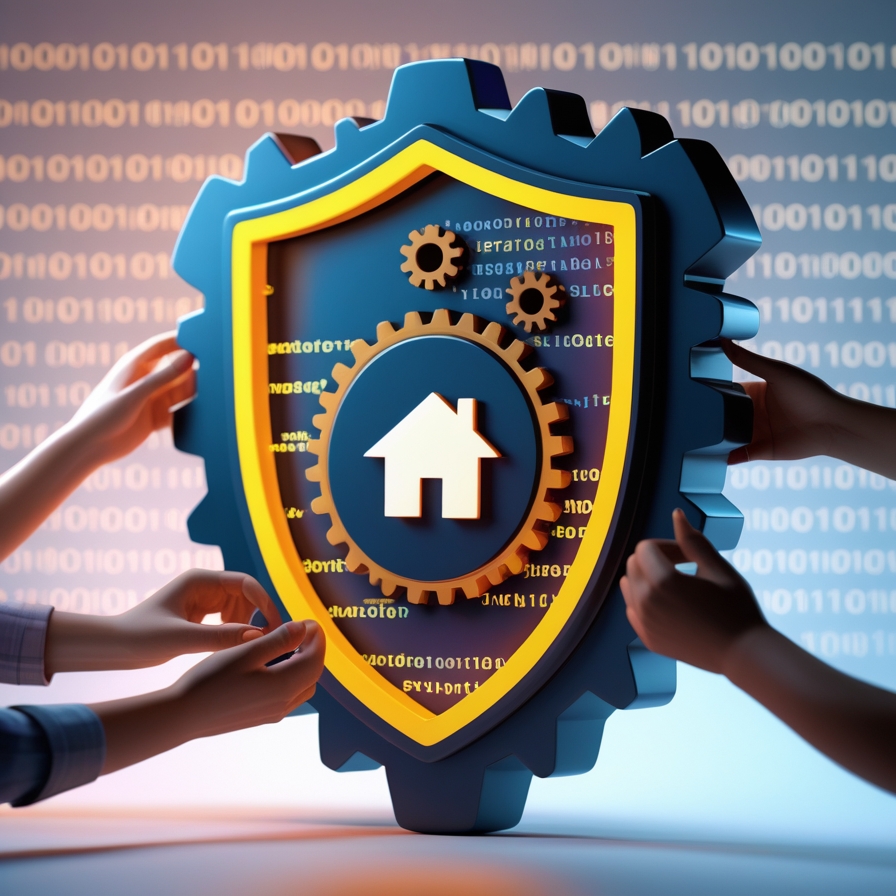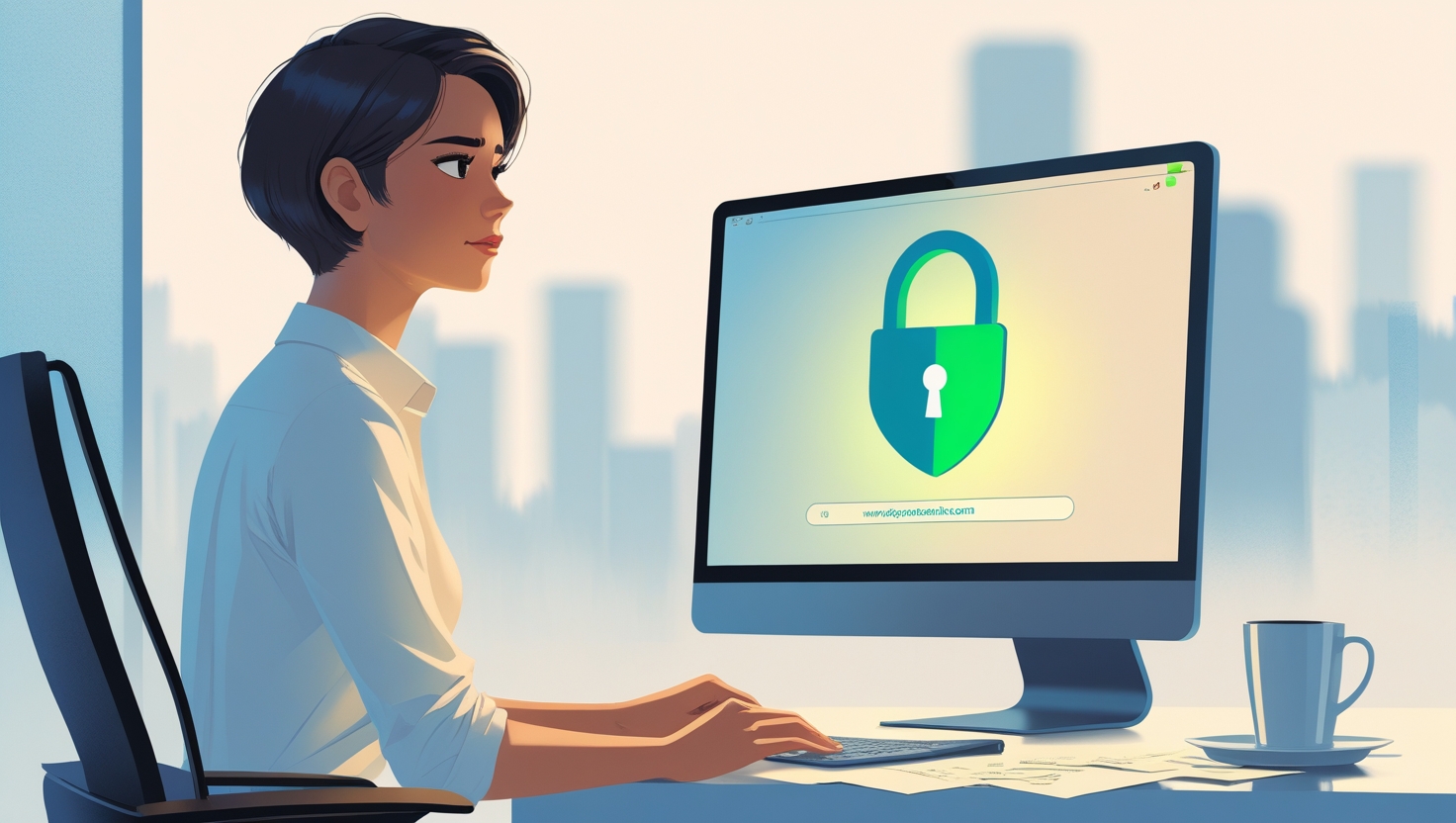In a digital age where privacy and security are paramount, choosing the right secure note-taking app can be critical to safeguarding your personal and professional information. Whether you're jotting down business ideas, managing sensitive project data, or recording personal thoughts, having a robust and encrypted note-taking solution is non-negotiable.
Below, we dive deep into the top 5 secure note-taking apps that not only protect your data but also offer advanced features to elevate your productivity.
1. Standard Notes — Bulletproof End-to-End Encryption
Standard Notes stands out as one of the most secure note-taking apps on the market. With its end-to-end encryption, users can rest assured that their data is never accessible by the app developers or third-party entities.
Key Features:
-
Zero-knowledge encryption: No one but you can access your notes.
-
Cross-platform availability: Available on Web, iOS, Android, Linux, Windows, and macOS.
-
Extended features (via paid plan): Markdown, spreadsheet, rich text, and code editor support.
-
Offline access and automatic backups.
-
Two-factor authentication (2FA) for added security.
Why We Recommend It:
Standard Notes is a top-tier choice for anyone seeking maximum privacy without compromising on writing functionality. Its open-source code also makes it a favorite among security enthusiasts and developers.
2. Joplin — Open Source & End-to-End Encrypted
Joplin is an exceptional choice for those who prioritize both security and flexibility. It is completely open-source and supports end-to-end encryption, making it a trustworthy tool for managing sensitive information.
Key Features:
-
Markdown-based editing with support for attachments.
-
End-to-end encryption with password-based key generation.
-
Notebook-style organization for better structuring of data.
-
Synchronization support with Nextcloud, Dropbox, OneDrive, WebDAV, and more.
-
Web clipper for Chrome and Firefox.
-
Offline-first design for complete local access.
Why We Recommend It:
Joplin offers a highly customizable experience. Its transparency through open-source architecture makes it a reliable platform for those serious about data sovereignty.
3. Zoho Notebook — Secure, Stylish & Feature-Rich
Zoho Notebook marries elegant design with strong cloud-based encryption. While it is not open source, it offers robust data protection measures and is a part of the Zoho ecosystem—well known for enterprise-grade tools.
Key Features:
-
256-bit AES encryption for notes stored on their cloud servers.
-
Biometric lock support on mobile devices.
-
Multimedia support: Write, sketch, record audio, and attach files in a single note.
-
Cross-device synchronization with seamless transitions.
-
Notebook stacks for intuitive organization.
Why We Recommend It:
For users who want aesthetic appeal, cross-platform sync, and dependable security, Zoho Notebook is a compelling choice. Its mobile features, including gesture-based controls, make it highly user-friendly.
4. Turtl — Privacy-Focused and Fully Encrypted
Turtl markets itself as "your secure, encrypted Evernote alternative." It uses client-side encryption, ensuring your notes never leave your device unprotected.
Key Features:
-
AES-256 encryption with PBKDF2 password hashing.
-
Team collaboration support for shared notes and projects.
-
Tag-based organization instead of traditional notebooks.
-
Open-source transparency and community contributions.
-
Linux, Windows, macOS, and Android support (iOS version in development).
Why We Recommend It:
Turtl’s emphasis on encryption and privacy-by-design principles makes it a standout among privacy enthusiasts. It’s perfect for journalists, researchers, and developers dealing with confidential content.
5. Cryptee — Privacy-First Cloud Note-Taking App
Cryptee is a modern, privacy-first platform hosted in the European Union, adhering to strict GDPR regulations. It combines encrypted notes with photo storage, making it a versatile secure note-taking app.
Key Features:
-
End-to-end encrypted text editor with full privacy.
-
Photo vault for secure image storage.
-
Rich text formatting and WYSIWYG editor.
-
Web app compatible with all major browsers.
-
Hosted in privacy-friendly jurisdictions (Iceland and EU-based).
Why We Recommend It:
Cryptee is ideal for users who want a sleek, minimalist interface backed by military-grade encryption. Its GDPR compliance adds an extra layer of trustworthiness for users concerned with legal privacy protections.
Comparison Table of the Top 5 Secure Note-Taking Apps
| App Name | Encryption Type | Open Source | Sync Support | Unique Feature |
|---|---|---|---|---|
| Standard Notes | End-to-end (Zero Knowledge) | Yes | Web, Mobile, Desktop | Custom editor extensions |
| Joplin | End-to-end (Open Source) | Yes | Dropbox, OneDrive, etc. | Web clipper, plugins |
| Zoho Notebook | 256-bit AES (Cloud) | No | Full device sync | Multimedia notes with gesture UI |
| Turtl | AES-256 (Client-Side) | Yes | Limited | Tag-based note organization |
| Cryptee | End-to-end (GDPR Compliant) | No | Web | Encrypted photo vault |
<button></button>
What to Look for in a Secure Note-Taking App
When selecting a secure note-taking app, consider the following critical elements:
-
End-to-end encryption: Ensures no third party can read your data.
-
Open-source architecture: Allows independent audits and transparency.
-
Cross-platform compatibility: Ensures access to notes anywhere, anytime.
-
Two-factor authentication (2FA): Adds an additional security layer.
-
Offline access: Keeps your notes available even without an internet connection.
A strong app will not only secure your data but also offer a user-friendly interface and advanced organizational tools to boost productivity without compromising privacy.
Final Verdict
Each of the apps listed above offers a strong balance between security, usability, and features. Whether you are a student, a professional, or a privacy advocate, there's a secure note-taking solution tailored for your needs. Our top recommendation for maximum privacy and feature depth remains Standard Notes, closely followed by Joplin for those who love customization and open-source ecosystems.



